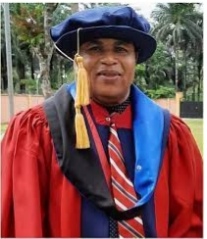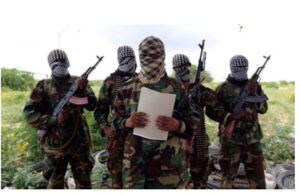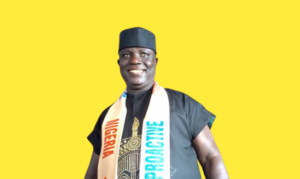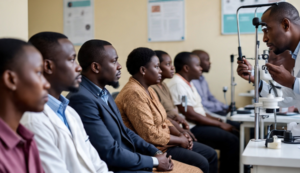Akahland in the 21st Century: Identifying a Sustainable Development Strategy (1).
4 min read
Editor’s note:

Akahland in the 21st Century: Identifying a Sustainable Development Strategy is a key note address delivered by the Chancellor of Akah Vanguard Association Dr Austin Agbahiwe at the AVA/UWDA Convention held in London, United Kingdom on 14August, 2010. The document had been slightly edited.
According to Lagos Business School, “strategy is the choice of a future for the people and of a way to reach that future.” In other words, it is the framework that co-ordinates, unifies and integrates a peoples` decisions and actions.
Today, Akah Vanguard Association (AVA) in collaboration with Umuaka Welfare Development Association (UWDA) have gathered all sons and daughters of Akah all over the world in far away London, United Kingdom. Why? Why even the choice of London, and not Lagos, Abuja or home?
In the words of our elders, the size of the meat determines the quantity of water that will be provided for the cooking. In recent years, we as a people have witnessed the alarming rate at which the spirit of oneness, cohesion, peace, unity and development has departed our communities and, just like in the words of Chinua Achebe, things have fallen apart, …and they are no longer at ease. What implications did this situation leave for our people? Continued rancour, disunity, greed, seeds of hatred, fight for supremacy among ourselves, deception by those who ought to know, deteriorating collective assets and most painfully, no interest, zeal and determination to put on ground new developmental assets just like our forefathers did. Worse still, our generation much more blessed than our predecessors are caring less, living and making progress as individuals and doing nothing to better our home society more than we met it.
Is this ideal? What likely impacts will our sidon-de-look attitude have in the ways things are at home? Can we continue to blame our politicians and leaders, -traditional and community? Why should we be tempted to blame the government for granting us autonomous communities which in its self is progress? (Even though, the Achike Udenwa Government in itself was wrong in creating autonomous communities without first putting basic conditions such as having secondary schools, health centres, community markets and other amenities that truly confer independence before granting those communities with autonomous status. I think it was for selfish political reasons otherwise he would have been interested in creating more political wards). Can’t we just give little space for others in our thought-process? Can`t we squarely face our challenges headlong instead of glossing over them and of course shifting blames?
It is in the light of our trying to find solutions collectively and putting life to those visions that this convention is being held in London, -a significant city that had one time or the other been the centre of decision-making for any significant set of peoples on earth especially Africans.
Challenges of the 21st Century. place in our communities at the dawn of the 21st century. These include:
• The emergence of more autonomous communities out of old Umuakah;
• The emergence of more Akah sons in the politics of Imo State;
• The commencement of the construction of the Ukwoji-Umuakah-Isu-Amaigbo road;
• The creation of Njabasouth Development Centre;
• Increased migration of a reasonable number of Akah sons and daughters to various countries of the world.
Also at the dawn of the century the following challenges commenced starring us on the face:
• Phased extinction of the spirit of oneness, unity/patriotism;
• Massive and rapid deterioration of common communal assets. These assets include the Umuakah Community hospital, St Saviours` College, Girls Technical School and the Afor Umuakah market structures;
• Conflicts in all the communities in such a magnitude never witnessed before in the history of our people;
• Ezeship tussles in almost all the newly created autonomous communities in such intensity that have seen the communities so much fragmented that they cannot sit together to chart a new course to drive development in their specific area;
• Most communities witnessed and are still witnessing the incidence of court cases in settling internal brotherhood conflicts;
• For the first time in the history of our communities, brothers were destroying and burning down fellow brothers buildings/assets because of disagreements arising from leadership tussles;
• Socio-cultural organizations are being cornered as political fronts;
• Most of our Ezes becoming politicians instead of their core function of being custodians of traditions, culture, mores and values of our people;
• Discriminations in attending social activities and burials in Akahland depending on which followership one belongs;
• Extinction of elder statesmen in our communities;
• Incidence of high level of insecurity and a times unexplainable killings in one community or the other;
• Extinction of social networking among youths in the communities;
• Reduced interest in being at home especially during festivities;
• Continued conflicts in umbrella organizations housing our sons and daughters in diaspora especially in USA and South Africa;
• Re-emergence of a crop of Akah people who have wasted over a decade in search of a name identity;
• Emergence of a people who think that the battle field for the competition of life is at home; and so on and so forth.




